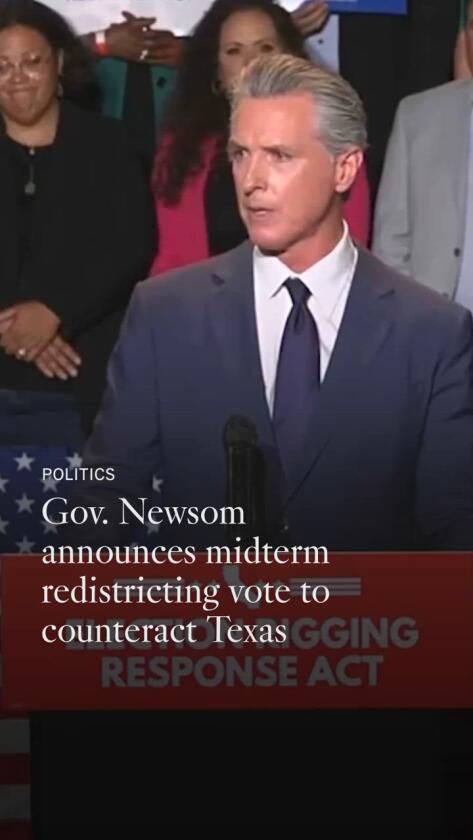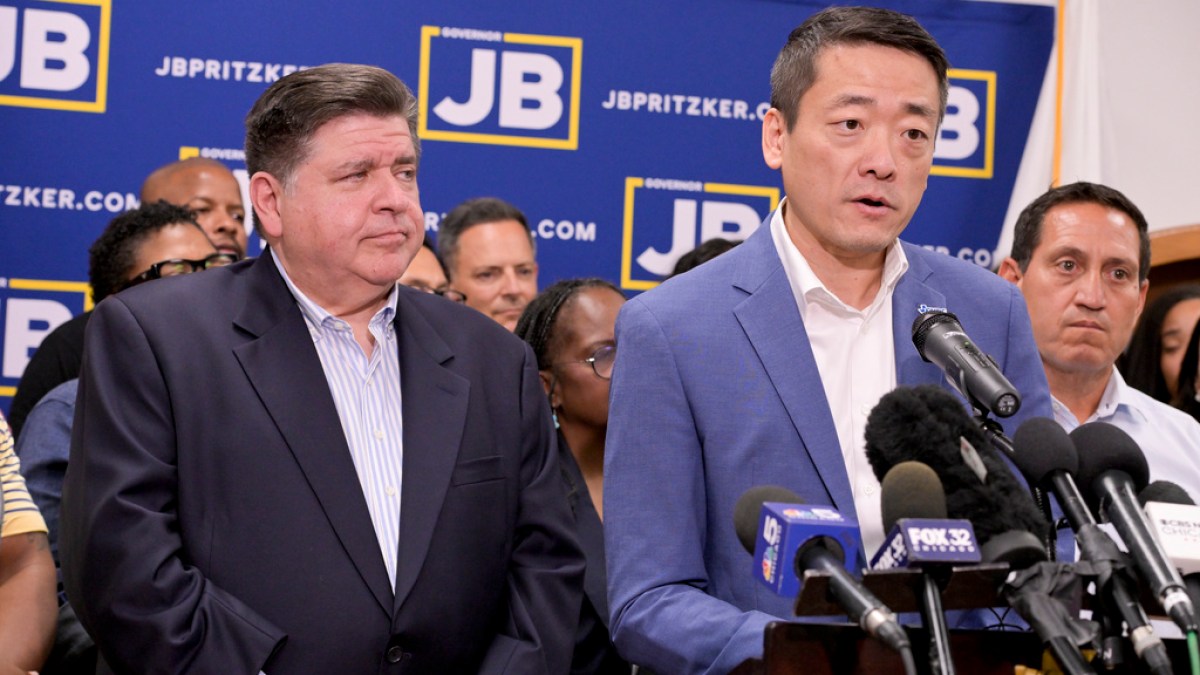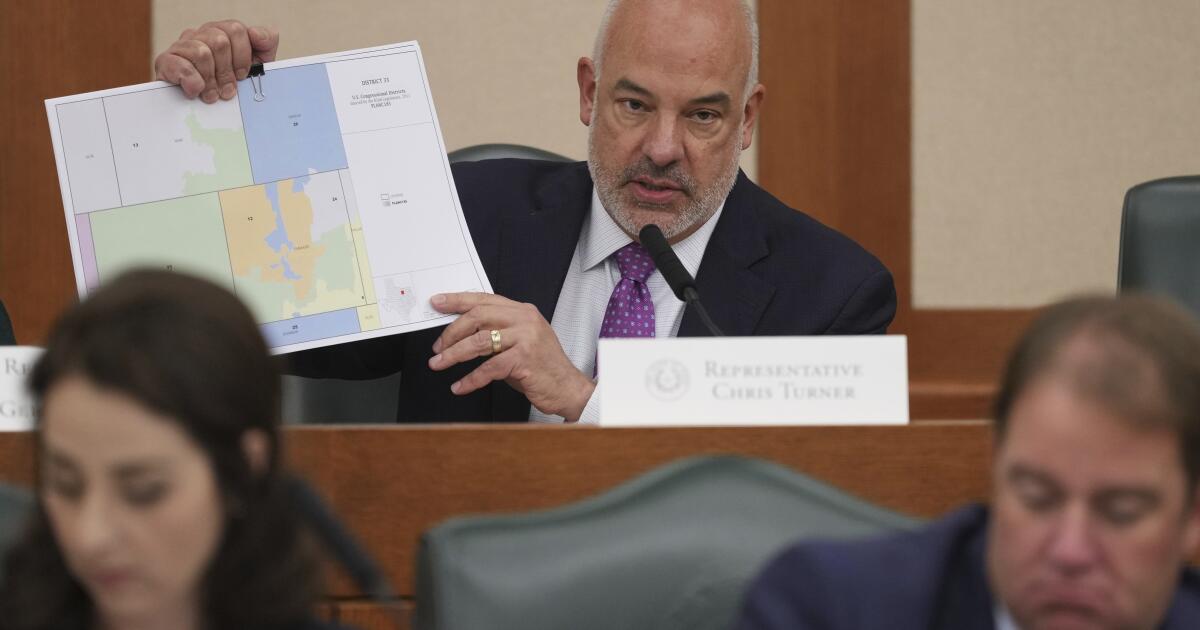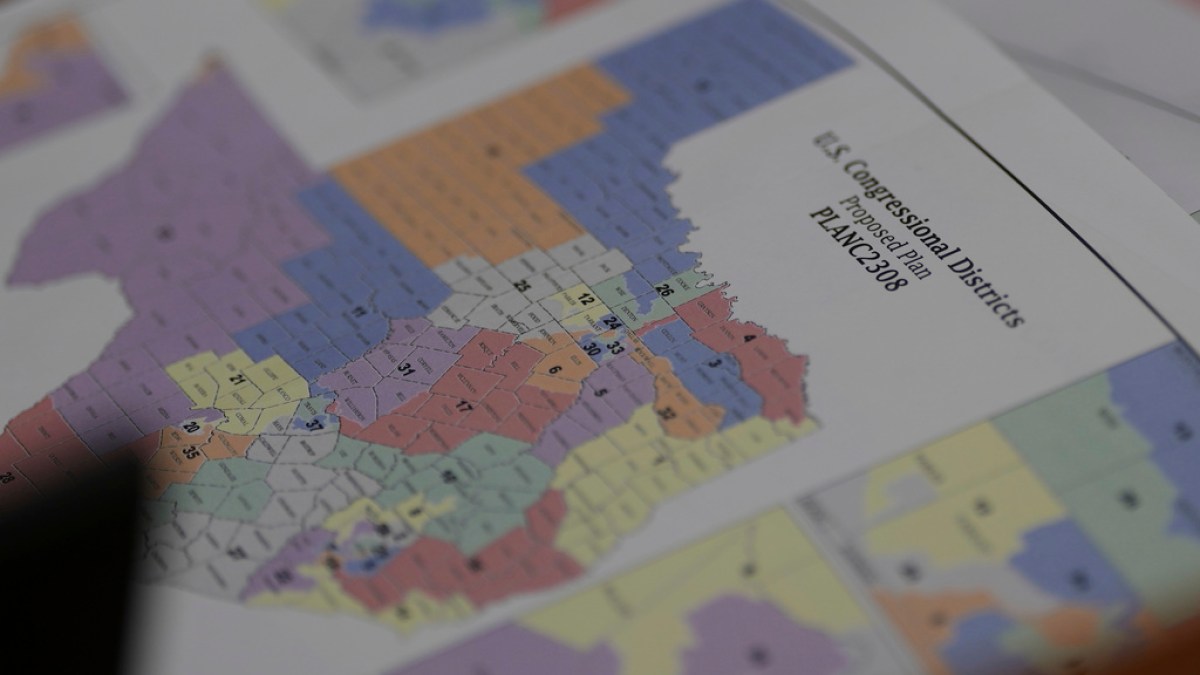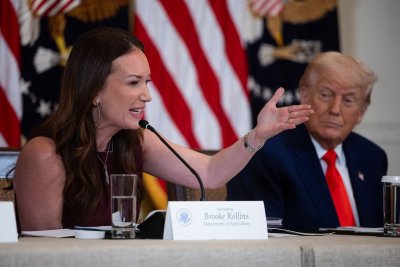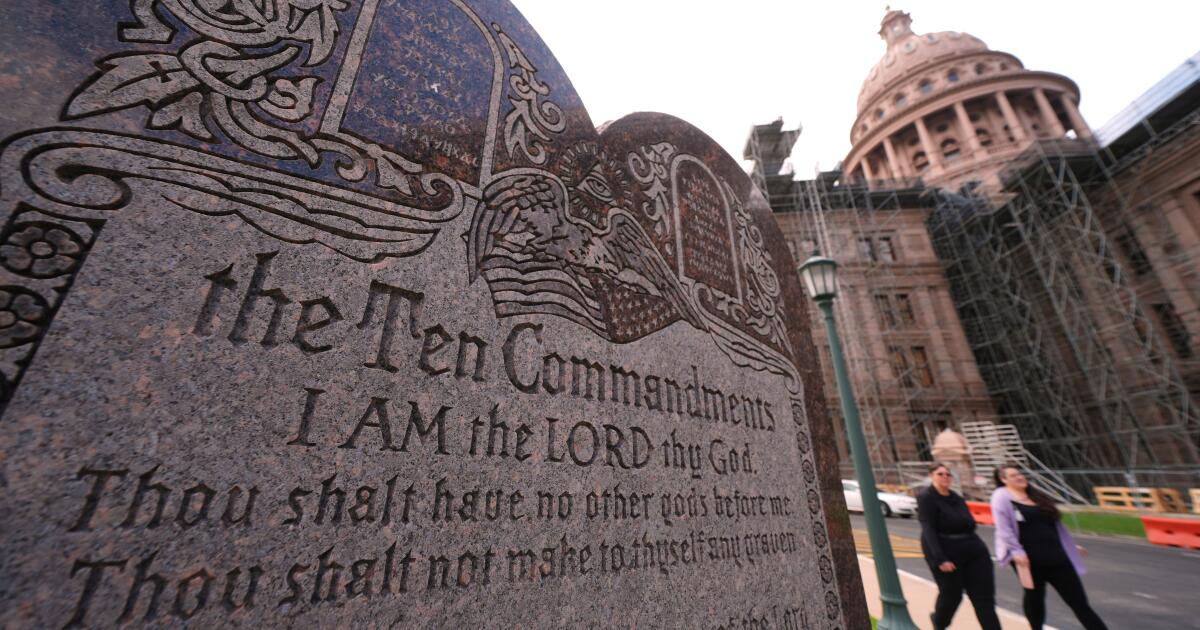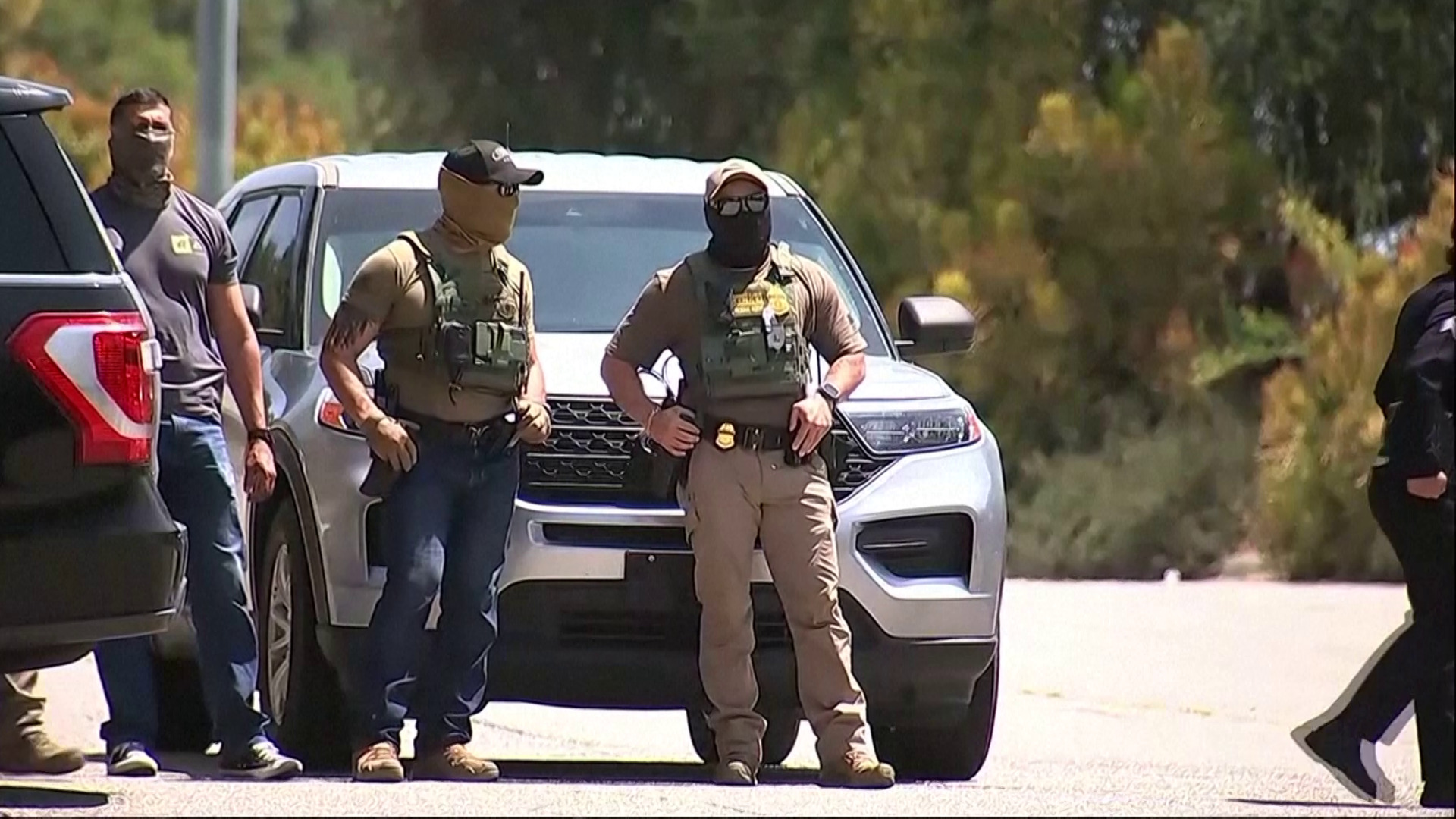In another emotional instalment, two people who are foundlings, tell Davina and Nicky their stories and hope to trace family
Every single story from Long Lost Family could be turned into a daytime sobathon movie in its own right. Pretty much every episode leaves viewers weeping into their wine, and this show is the perfect example of a cast-iron format that nails it every time. Davina McCall is walking along a coastline in a coat we all want to buy immediately.
She tells us the sad story of someone searching for their relative. Cut to said person’s kitchen and Davina has news. Pause. She produces a photo. Maybe even a letter. Everyone is in floods of tears, and that’s before the reunion even happens. Kleenex anyone?
Elsewhere, Nicky Campbell is providing a shoulder to cry on, while someone spits into a test tube. The spin-off series, Long Lost Family: Born Without Trace (tonight June 18, ITV, 9pm) focuses on foundlings, people left as babies, often in the most extraordinary places and in the first hours or days of life. We’ve heard about babies left in cardboard boxes, on doorsteps, at churches, in hospital car parks, and in one case a London phone box and even under a hedge.
In tonight’s emotional episode, Simon Prothero tells how he was found as a newborn in the summer of 1966 in the outside toilet block of a children’s home in Neath, Wales. Simon, who was adopted and grew up 10 miles away, says: “I don’t know where I was born, when I was born, what the circumstances were. I don’t know who my mother is.” As the team cracks into action, it’s especially sad as we learn that Simon’s adoptive parents and his wife Helen have died, but a DNA search connects to a large family from North Wales. Watch out for the moment Simon discovers his birth mother is alive and in her 80s, though she’s not yet ready for contact.
In another story, Lisa Dyke tells how she was discovered as a newborn in May 1969, just a few hours old, outside a health clinic in Christchurch, Dorset. She’d been put into another baby’s pram. She says: “Why was I left in another child’s pram? Who left me? I just want to know the truth.”
Long Lost Family: Born Without Trace is airing on ITV tonight at 9pm.
There’s plenty more on TV tonight – here’s the best of the rest..
RACE ACROSS THE WORLD, BBC1, 9pm
It’s been emotional, as five intrepid pairs have taken on the 14,000km race of a lifetime, from the Great Wall of China to the southern tip of India. In the end, mother and son Caroline and Tom took first place in a hard-fought win. Six months later, the contestants meet for the first time in this reunion episode, sharing their greatest highs and agonising lows. The teams reminisce about being forced out of their comfort zones and traversing the two most populated countries on earth.
For former married couple, Yin and Gaz, it’s a chance to learn who has won the race. Brothers Brian and Melvyn look back at how the race enabled them to make up for lost time, while sisters Elizabeth and Letitia tell how the adventure changed them. Teenage couple Fin and Sioned, who were catapulted into the deep end for their first backpacking experience together, share their future plans. An intimate insight with behind-the-scenes insights and unseen moments. “I wish we were starting it all again,” says Caroline.
THE BUCCANEERS, APPLE TV+
For anyone not familiar with ‘The Buccaneers’, they are a group of fun-loving young American girls, who exploded into the tightly corseted London of the 1870s, setting hearts racing. Now, the Buccaneers are no longer the invaders – England is their home. In fact, they’re practically running the place.
Nan (Kristine Froseth) is the Duchess of Tintagel, the most influential woman in the country. Conchita (Alisha Boe) is Lady Brightlingsea, heroine to a wave of young American heiresses. And Jinny (Imogen Waterhouse) is on every front page, wanted for the kidnapping of her unborn child.
All of the girls have been forced to grow up and now have to fight to be heard, as they wrestle with romance, lust, jealousy, births and deaths. Last time we got a taste of England. This time we’re in for a veritable feast. Also starring Christina Hendricks as Nan’s mum Patti, this is an addictive culture-clash historical romp.
EMMERDALE, ITV1, 7.30pm
Getting increasingly frustrated with his motorbike, Bear snaps and threatens Kammy. Paddy sees this from a distance and puts a stop to it. Paddy and Mandy are dumbfounded when Bear later acts as if nothing has happened. Bear becomes irritated by their questioning and heads away upstairs, leaving Paddy and Mandy to fear that things are getting worse. Vinny continues to give Kammy the cold shoulder. Vanessa tries to get through to Tracy, but Tracy’s not interested in her excuses.
EASTENDERS, BBC1, 7.30pm
Kat doesn’t feel any better following her conversation with Alfie and feels that he isn’t being completely honest with her. The drinks start flowing at Elaine’s divorce party. As the night gets steadily messier, Elaine shocks Linda by declaring that the Prosecco is on the house all night. Later, a tipsy Elaine offers to book Priya a singles cruise, saying she can pay her back later. Linda is then horrified to see £5k leave the business account and confronts Elaine.
CORONATION STREET, ITV1, 8pm
Glenda and Sean hand out leaflets advertising the Rovers’ Drag Night. Todd suggests to Theo they should go. When Debbie admits to Bernie that she finds it hard being in the same room as Ronnie, Bernie suggests they head to her hotel. Dee-Dee opens a letter stating that Laila is due for her vaccinations but when Michael tells her that James is in Leeds, she realises that she’ll have to take Laila herself. Kevin gets ready to leave for his chemo session.
Join The Mirror’s WhatsApp Community or follow us on Google News , Flipboard , Apple News, TikTok , Snapchat , Instagram , Twitter , Facebook , YouTube and Threads – or visit The Mirror homepage.
